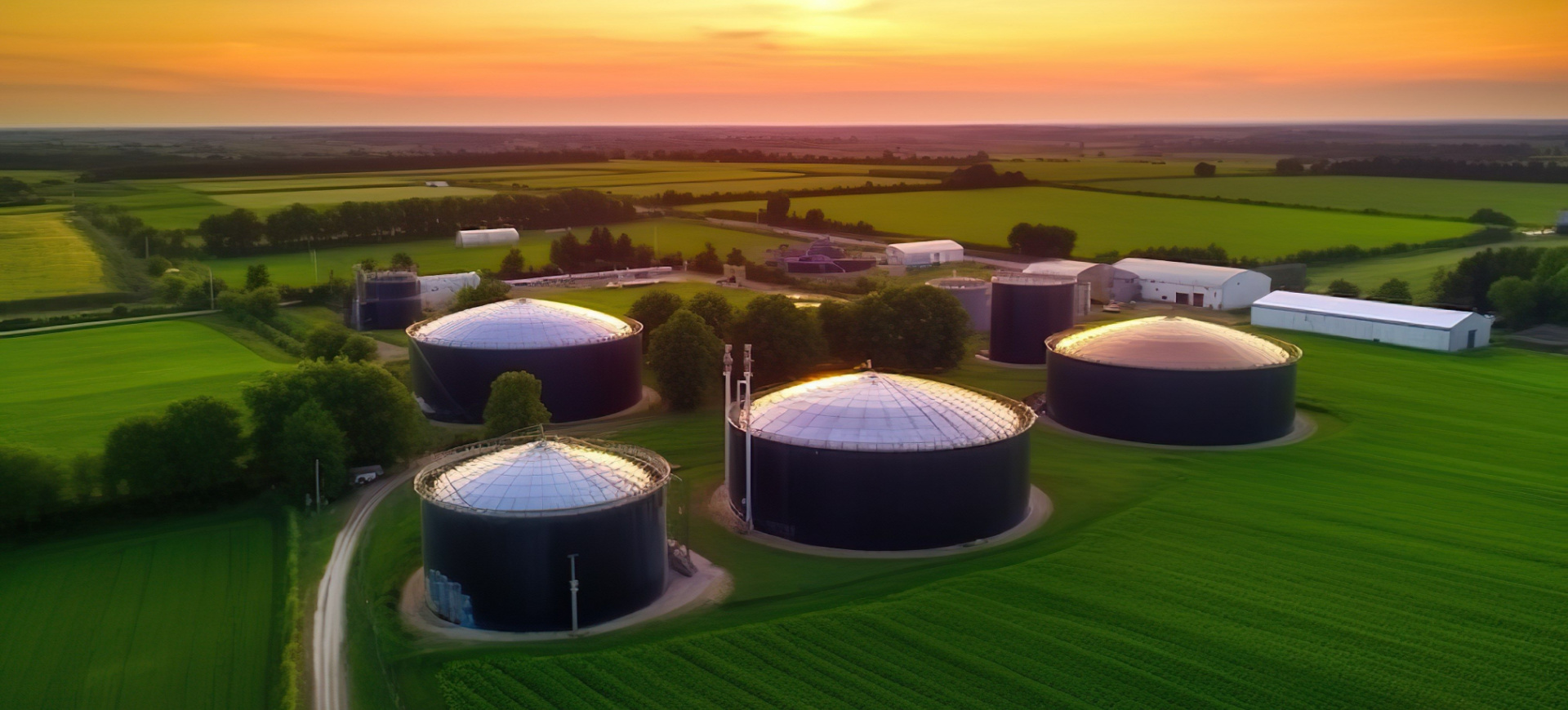COP28 Proved it Could #UniteActDeliver
With the gavel coming down at COP28 on December 12, there’s been time to reflect on the conflicting narratives that have since emerged. If we consider a commitment to phase out fossil fuels as the defining element of COP28’s overall success, then climate critics would argue that the UAE Consensus failed to deliver. This narrow view, however, fails to account for the historic agreement of 198 countries aligning, for the first time in COP’s history, to “transition away from fossil fuels”. Whether or not language around a “phase out” was circumvented to appease the UAE’s petrostate neighbours, the inclusion of a “transition away” from fossil fuels has been hailed as a critical step in the eventual move to eliminate hydrocarbon emissions.
To view the UAE Consensus language on fossil fuels as a clear dichotomy between COP28’s overall success and failure is to diminish the issues around which COP28 was able to deliver several consequential outcomes.
On day one of the negotiations, $792 million in public and private climate financing pledges were received for the Loss and Damage Fund, aimed at supporting the most vulnerable countries build climate resilience.
Days later, a Global Methane Pledge was signed by 150 countries, with a goal of reducing human-created methane emissions by at least 30% by 2030. This was endorsed by 50 oil companies, representing nearly half of global production, who agreed to achieve near zero methane emissions from their operations by 2030.
118 countries signed the Global Pledge on Renewables and Energy Efficiency, committing to “triple the world’s installed renewable energy generation capacity” and double energy efficiency globally by 2030. In doing so, countries committed to place energy efficiency as the “first fuel” at the core of their planning, investing and policymaking decisions.
13 new members were added to the Powering Past Coal Alliance (PPCA) in Dubai, bringing the total membership to 165. Founded in 2017 by Canada and the UK at COP23 in Bonn, the PPCA aims to work with governments, businesses, and organizations in transitioning away from unabated coal-powered generation. The inclusion of nine new countries to the PPCA, including the US, UAE, Czech Republic, Cyprus, Dominican Republic, Iceland, Kosovo, Malta, Norway, is a testament to COP28’s push to end unabated new coal-powered generation and phase out existing plants in line with 1.5°C.
22 countries, including the UK, France, the Netherlands, the US, Canada and Japan signed a declaration calling to triple nuclear power generation capacity as a means of reaching carbon neutrality by mid-century. The declaration called on responsible nations to “explore new civil nuclear deployment under the highest standards of safety, sustainability, security, and non-proliferation”.
For the first time in COP’s history, a “Health Day’ showcased the impact pathways between climate change and human health. In highlighting the needs and best practices for strengthening the climate resilience of health systems, this first-ever climate-health nexus at COP identified how scaling adaptation and mitigation measures are critical in addressing the impacts of climate change on all aspects of human mental and physical well-being.
Another first was delivered through the Declaration of Resilient Food Systems and Sustainable Agriculture. Signed by 159 countries, this declaration pledges to “promote sustainable food security, production and nutrition” while “conserving, protecting and restoring nature”. The progress by these signatories to expedite the integration of agriculture and food systems into their climate action plans is set for review next year at COP29.
And finally, the Global Stocktake presented the first-ever opportunity for countries and stakeholders to assess their collective progress in meeting the goals of the Paris Agreement. Discussions surrounding the Global Stocktake were intended to identify opportunities, best practices, challenges and policy outcomes with a view of helping governments prepare more ambitious climate action plans, due in 2025.
The final UAE Consensus text reflects the international community’s resolve to push for a 1.5°C aligned outcome by making explicit the need to reach peak emissions by 2025, substantially reducing non-CO2 emissions (including methane) by 2030, and ultimately hitting net zero by 2050.
With one compelling scientific report following another highlighting the worsening global climate crisis, the international community converged at COP28 with a shared goal of accelerating renewable adoption, transitioning away from fossil fuels, and radically scaling up climate finance. In this respect, COP28’s tag line to #UniteActDeliver should be celebrated as an historic moment in the world’s collective will to advance progress on the most significant existential threat of our lifetime.












